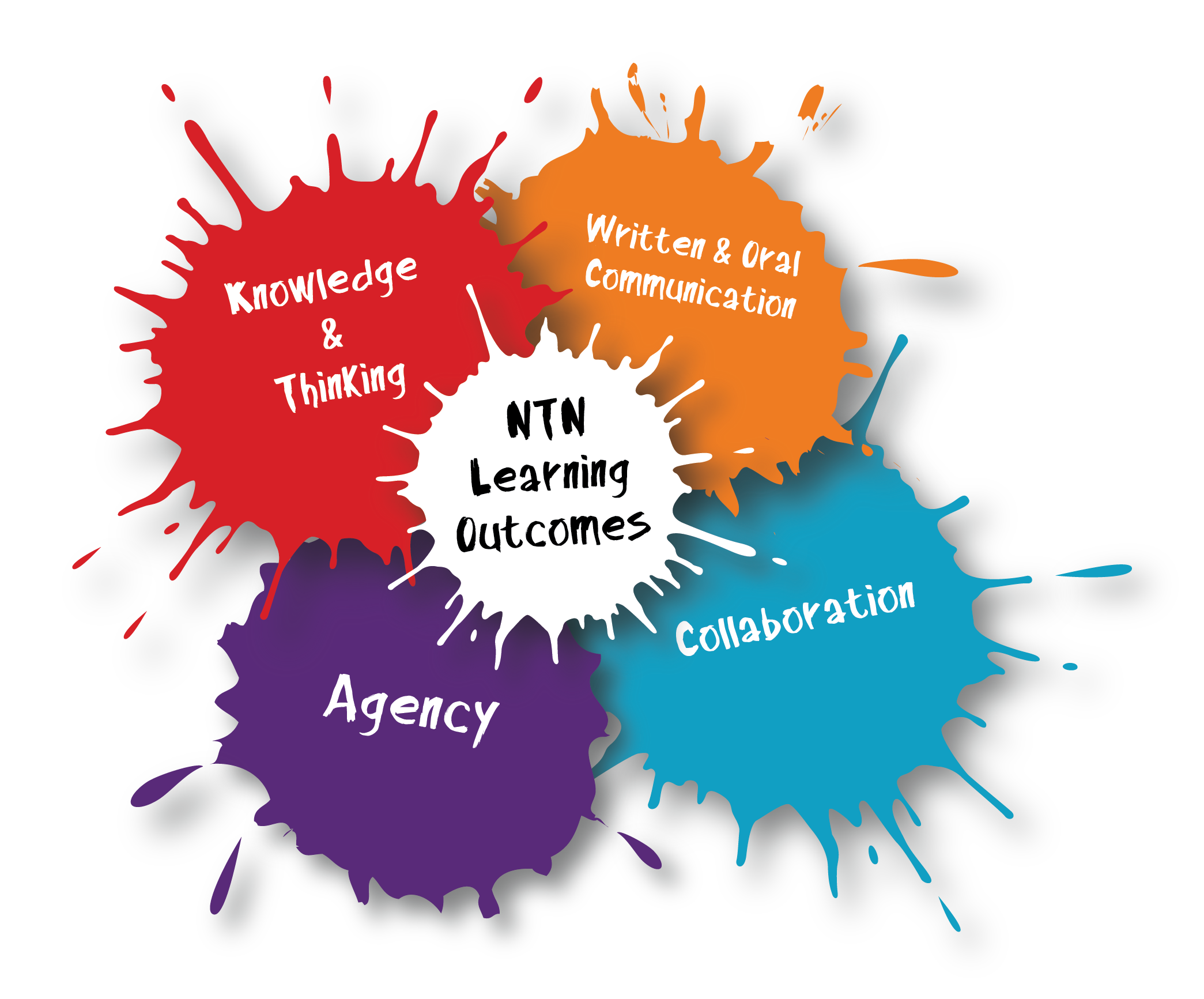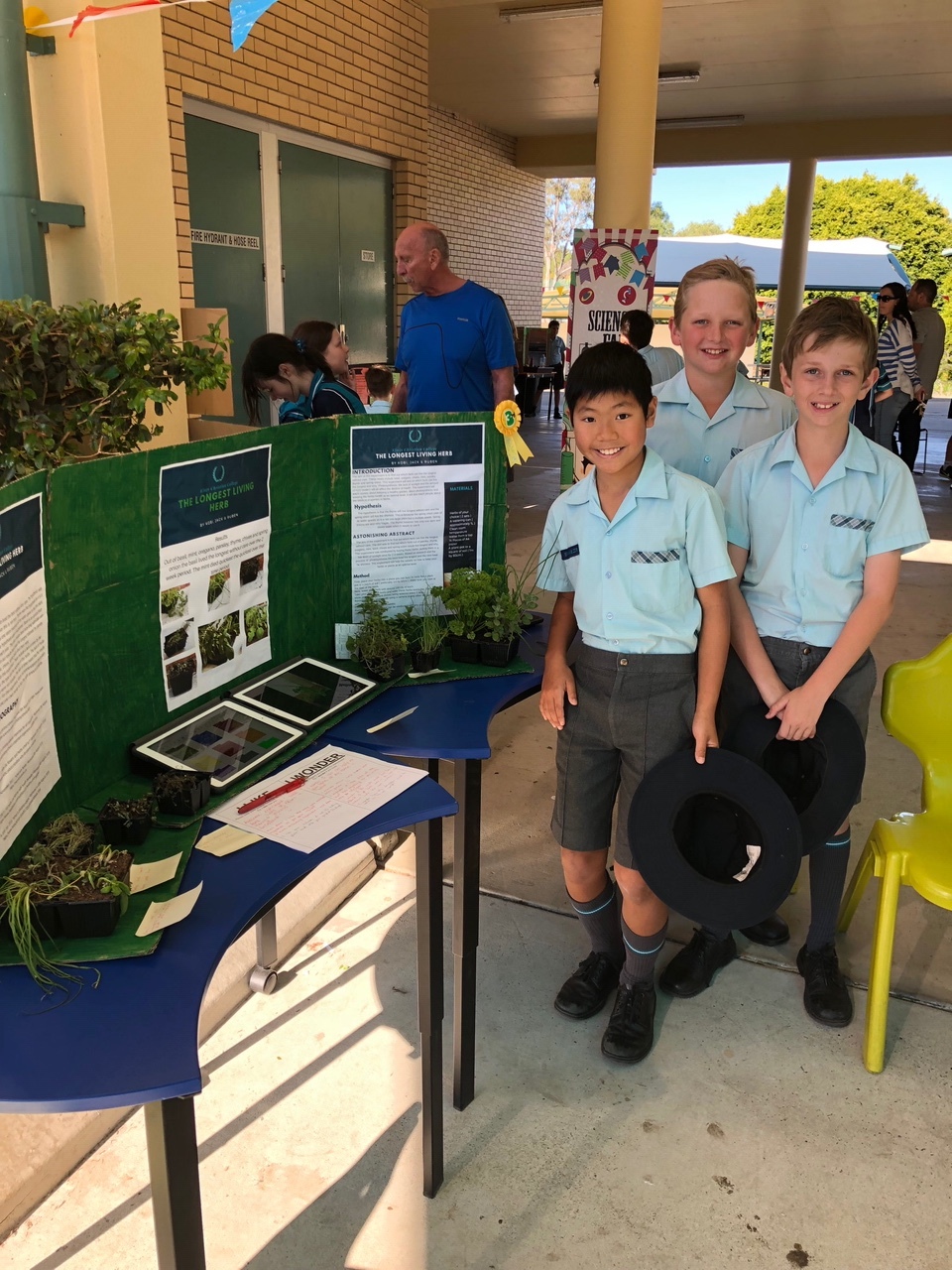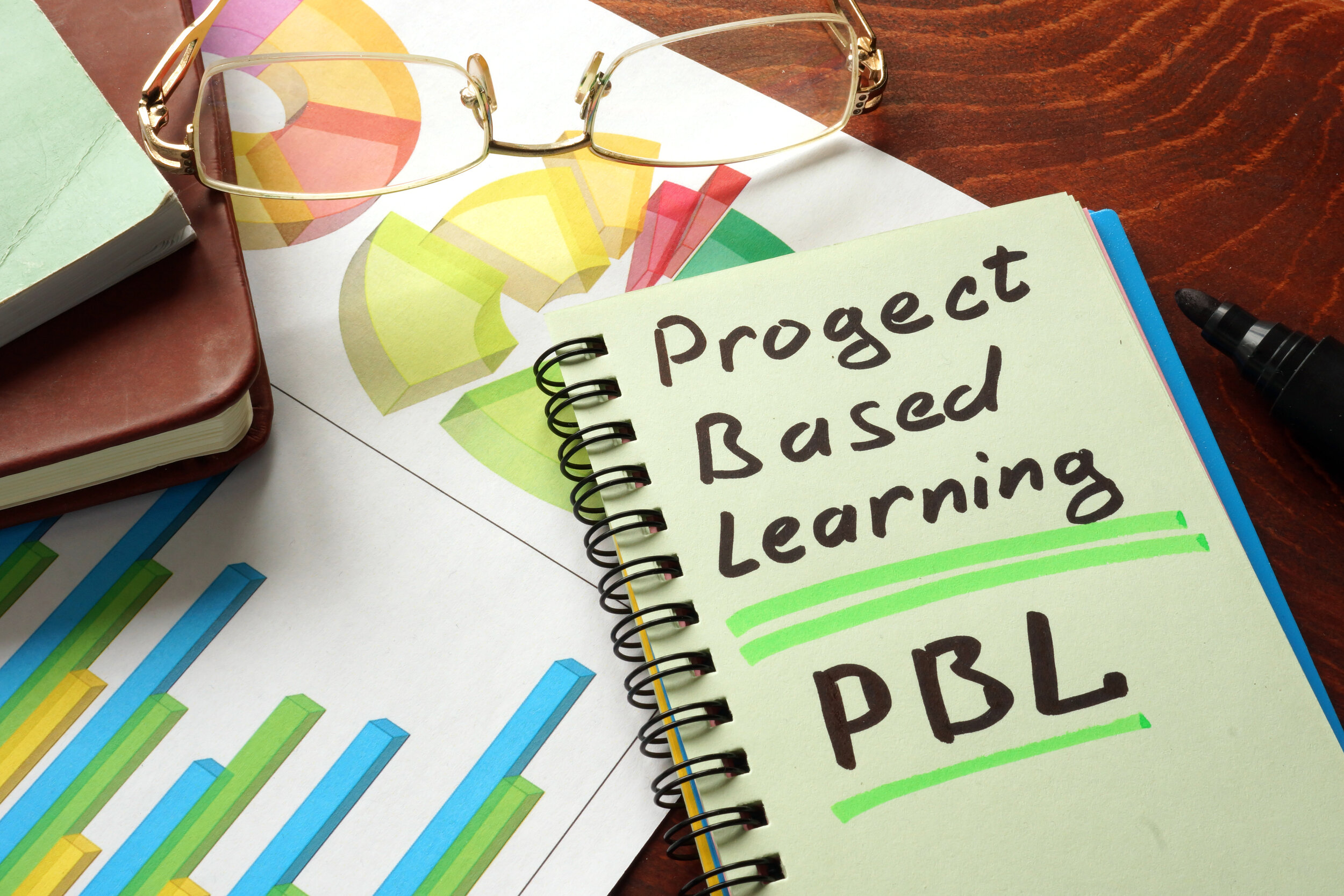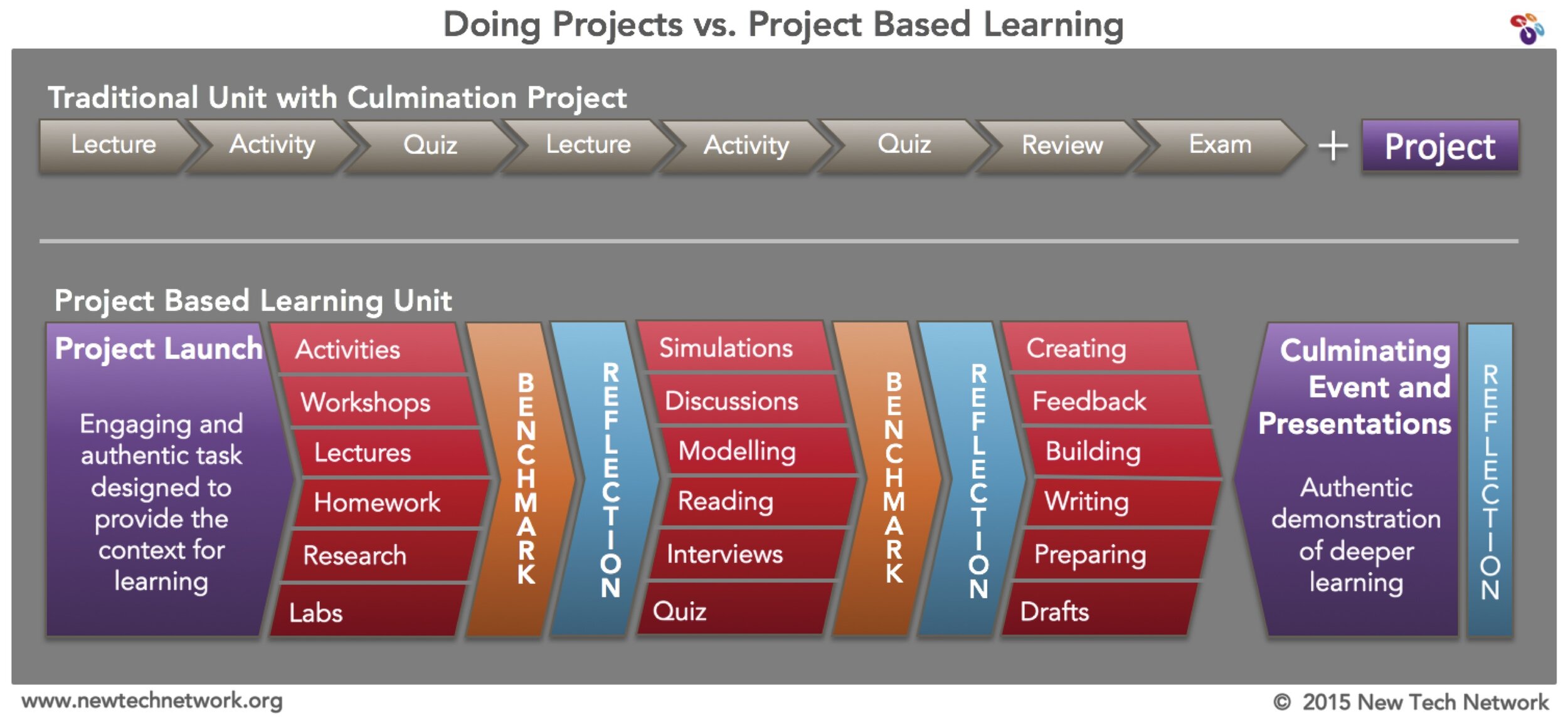“Australia must urgently modernise its industrial-era model of school education and move towards individualised learning for all students.”
Research and Measurement
Research and measurement play a central role in supporting New Tech Network Australia schools. We provide schools with formative information so they can continue to improve their program.
The NTN research team conducts its own research and partners with external experts to document and develop understanding of the impact of a New Tech Network education.
The research studies summarised in this report provide rigorous evidence of different aspects of the impact of the intended outcomes of the New Tech Model. Impact research examines student, school, and learning environment outcomes embodied in the four design pillars: teaching that engages, culture that empowers, outcomes that matter, and technology that enables.
The NTN model is comprised of a variety of intended outcomes, such as discipline-specific knowledge, student agency, student collaboration, school culture, and relevant learning environments. In research projects, these outcomes are operationalised as constructs that can be measured and studied.
Some common research constructs examined in NTN impact research include: academic outcomes, nonacademic outcomes, and deeper learning. Academic outcomes are typically measured using tools that are comparable across schools, such as state exams or college entrance exams. Nonacademic outcomes are often measured using surveys, assessments, observations, and student products. Deeper learning is often organised into overlapping, or sub-constructs, like self-regulation, self-efficacy, and locus of control, that are measured using surveys, observations, document analysis, and student products.
Graduation Advantage Persists for Students in Deeper Learning Network High Schools
According to the National Research Council (2012), “deeper learning” enables a student to transfer her knowledge and skills from one situation to another. The term also is used to refer to learning that results in a combination of cognitive competencies (mastery of content knowledge and complex problem-solving skills), interpersonal skills (such as communication and collaboration), and intrapersonal competencies and dispositions (such as learning how to learn and academic mindsets).
Read the 2016 Research Alliance Report on Deeper Learning
“Just two years into our partnership with New Tech Network Australia, our students are less passive, more prepared to engage with one another and the teacher and to be actively engaged in learning.”
Watch the documentary to learn how these rural schools are changing the fate of South Carolina
Engage with Us
We are excited to support emerging and established researchers conducting research on NTNAU and PBL.





